#Gironde
Text
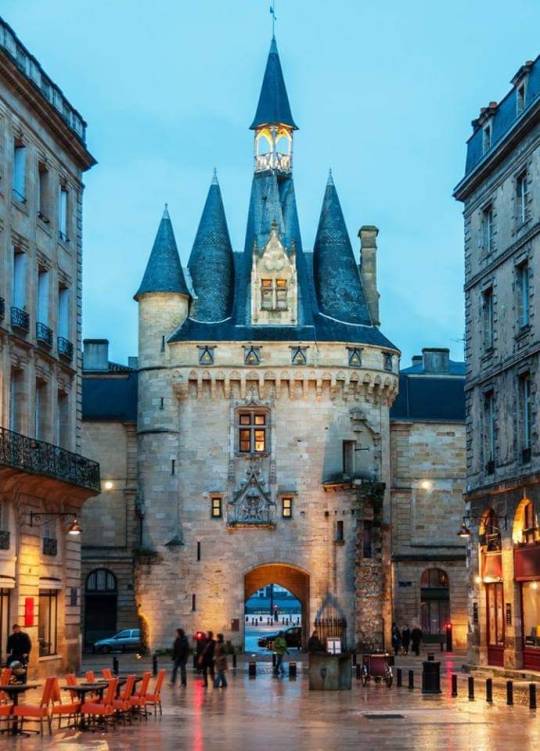
B o r d e a u x
532 notes
·
View notes
Photo
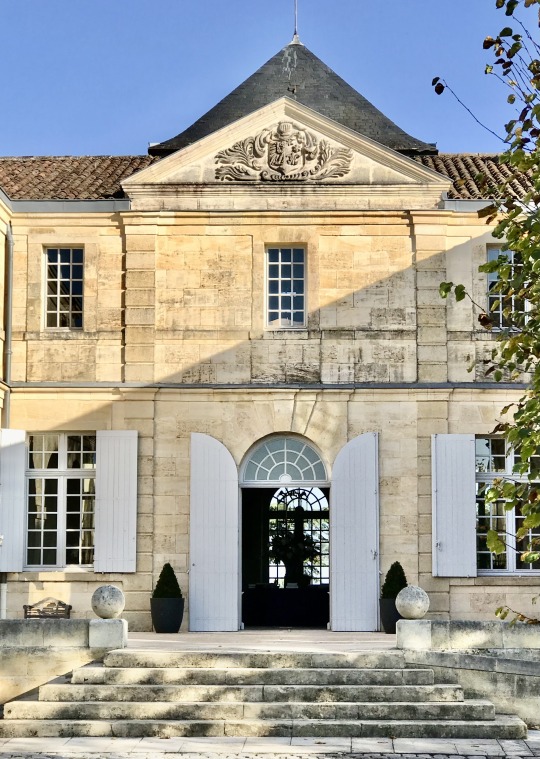
Château du tertre, Gironde, 2017.
345 notes
·
View notes
Text
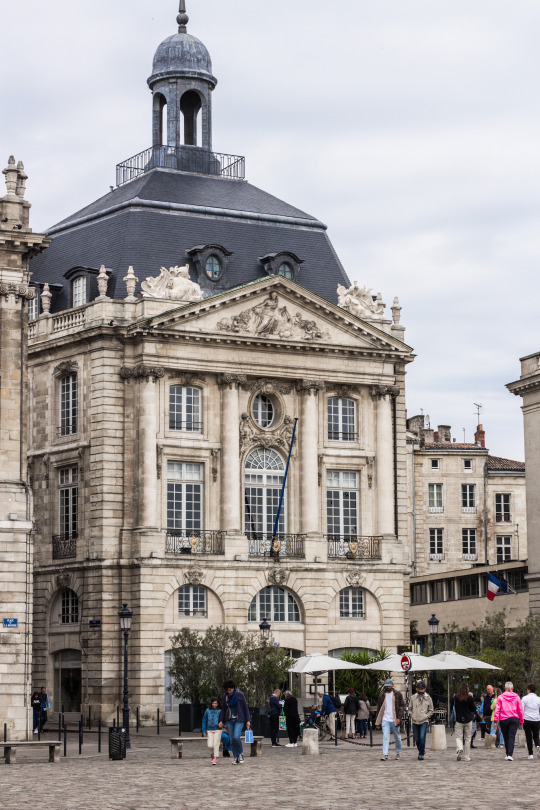
Bordeaux, Gironde, France.
#bordeaux#france#french#french city#ville de bordeaux#gironde#nouvelle aquitaine#europe#city#streetphotography#street#streetphoto#european cities#french cities#visit#travel#trip#visit france#place to visit#place to be#photo#photography#photographer#city photography#canon#canonphoto#canonphotographer#photoshoot#50mm
461 notes
·
View notes
Text

James , Ratelet, sur les chemins de Gironde , Soulac , Verdon , Gironde , Aquitaine, France
177 notes
·
View notes
Note
in your opinion, what was the most significant mistake the jacobins ever made? (i tend to like them much more than other factions in the frev, but i still want to know how Problematic my Faves were)
Good question. I'm not sure which period you want to talk about regarding the Jacobins, so let's discuss the one after the fall of Louis XVI's monarchy. I will mainly encompass the Mountain faction.
Regarding tactical errors, according to some historians, including Antoine Resche, a contemporary historian who has made excellent videos on the French Revolution under the name Histony, which can be found on the Veni Vidi Sensi website, leans towards the lack of left-wing unity as one of the errors. And honestly, he's not wrong. Some might think that the elimination of Danton and the Hébertists was a turning point. But it was salvageable (I've already discussed what I thought in one of my posts). Only the Jacobins made the grave mistake of eliminating Chaumette, among others, even though he had refused to participate in an attempt to overthrow the Convention, which showed he was the most reasonable. Keeping him as the prosecutor of the Commune would have appeased some of the sans-culottes. Instead, the Convention has him arrested and executed. I understand that at that time the Convention could not afford an overthrow and was afraid Chaumette might change his mind, but by doing so, they alienated a large part of the sans-culottes. The wave of executions like Gobel or Chaumette was one of the most disastrous moves.
Another one is the non-application of the Ventôse laws, but it is true that some Montagnards blocked this, and the Marais was against these laws.
Also, being a fervent advocate of freedom of expression, there should never have been decrees holding journalists accountable. I don't particularly like Desmoulins, but executing him for his writings… Moreover, it will not prevent opinions from forming and solidifying.
Regarding moral errors: In addition to the travesties of justice I mentioned concerning the Hébertists and the Dantonists, there were other cases. When Girondin deputies were dismissed, most deputies did not want them dead, let alone imprisoned. They were only supposed to remain under house arrest. The problem is, many of them escaped and incited uprisings in the departments, which further exacerbated the already endangered Republic. Despite all I have to reproach them for, some Girondins were honorable people, notably Manon Roland and Vergniaud (even if Vergniaud had an ambiguous attitude, he still remained under house arrest) who stay in Paris. Yet they were judged, condemned to death, and executed along with other Girondins who incited or attempted uprisings and fled Paris. It wasn't even a tactical error; it was unfair.
Another very minor point concerns the Convention entirely, and this is my opinion. Why separate Marie Antoinette from her son? I understand there were royalists in Paris (the assassination of the remarkable Louis Michel Lepeletier by one of Louis XVI's former guards, among other events, will demonstrate this) who would do anything to get their hands on him as Louis XVII, which would have been dangerous. It would have been better to monitor the child's education closely given this context, but why not have strict supervision while leaving him in his mother's care, even though we know her opinions? I don't want to demonize Antoine Simon, executed in Thermidor; he wasn't a brute; he had compassion for the former queen and liked the child, but it's horrible. Being myself a proponent of reforms for jail to ensure the child remains very close to his parents, I protest against this. And the royalists seized upon it to portray an image of an inhumane Republic.
Women's rights were not respected, as I discussed in my post "Women's rights suppressed."
One of the most serious errors was the Prairial Law. When this bill presented by Couthon and later approved by the Committee of Public Safety and voted on by the Convention passed, many innocents suffered. Following the execution of the "Robespierrists," the Convention lied, saying it had not approved it, which was false.
Paradoxically, there was no internal elimination necessary at that time, notably the case of Carnot, who gave orders behind the backs of others to wage a war of conquest, which would have jeopardized the Battle of Fleurus if Saint-Just had not intervened with the order. I don't understand why he wasn't arrested; generals have been executed for less than that. This man doesn't deserve his title as the organizer of Victory, but having eliminated those who had really done the job like Saint-Just, among others, he could claim that title.
I realize I have done a critical job on the Montagnards even though I admire them, so a few lines to rehabilitate them. Most of them refused the irresponsible war of conquest advocated by the Girondins. Finally, fatigue was fatal to them. They put their best efforts into saving France, but most became ill (Couthon, Robespierre; I don't know if Billaud-Varenne was beginning to develop his dysentery or if his illness came after his deportation). Robespierre made a grave mistake by slamming the door on the Committee of Public Safety following a dispute among its members, then a few weeks later making a speech where he designated culprits without naming names (like Fouché, for example), so some wrongly believed they were the ones being designated when they weren't. Fouché and his gang played on this.
I want to say that Jean Clement Martin explained that if the Girondins are seen as victims, it's because they didn't have time to put the Montagnards on the guillotine. There were quite a few assassinations of Montagnard deputies (some think that Barbaroux manipulated Corday to kill Marat, Joseph Chalier was killed in atrocious conditions by the Girondins of Lyon, Isnard's speech). When the Jacobins acted, there was an internal civil war and an external war against the Revolution, plus a depreciated currency. And they saved it. For a while, they tried to accommodate (at least the majority of them) their adversaries. Then the gloves came off. But they remained in democracy, even in the worst moments. The Jacobins supported the abolition of slavery (not just them), and most of the major Jacobin figures fully supported the uprisings by slaves against the colonists.
Napoleon, although praised today for inheriting a better situation thanks to the efforts of his predecessors, through his dictatorial attitudes, betrayal of the Jacobins, and wars of conquest (all the wrong things), left France in a worse state with the return of the Bourbons. Revolutionaries like Marat predicted from the outset of the French Revolution that if the Girondins persisted in declaring war, even if France were victorious, there would be a military dictatorship and subsequently the return of the Bourbons.
All this leads me to think that it was the revolutionaries of the Mountain who were pragmatic and Napoleon the "idealist" in the wrong sense of the term, given his grandiosity and stupid belief (in my opinion) that he could impose hereditary dictatorship, exploit other countries without them retaliating (but that's another story).
Finally, the Jacobins in power were exhausted; they even lacked sleep hours due to their internal schedules. Before the Prairial Law was passed, there was an assassination attempt on Collot, so it was thought that the royalist danger was present. Plus, this law was disfigured by those who presented it; they thought they would only use it against people like Fouché, Carrier, Barras, Fréron, Tallien—des despicable men who dishonored France and the Revolution. It was they who later presented themselves as victims of the Jacobins when they were the worst during the Terror. Contrary to belief, heads rolled after the Terror; just look at the execution of Romme and the other Montagnards, the execution of Babeuf, the fact that anyone who demanded the constitution of 1793 could be punishable by death.
Finally, I want to say that despite my speeches, I don't believe in providential men; if France could have a sense of greatness during this period, it's thanks to the people. In Algeria, we have the slogan: "One hero only: the people."
#frev#french revolution#Roland Manon#Gironde#Montagne#jacobin#Terror#Fouché#Saint Just#Carnot#Robespierre#couthon#Romme Charles#Babeuf#Vergniaud#chaumette#camille desmoulins#marat#napoleon#georges danton#tallien
26 notes
·
View notes
Text
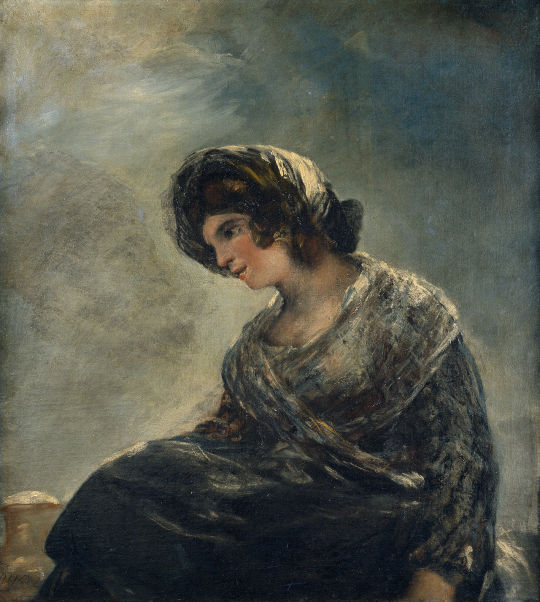
Francisco de Goya (Spanish, 1746-1828)
La lechera de Burdeos
87 notes
·
View notes
Text
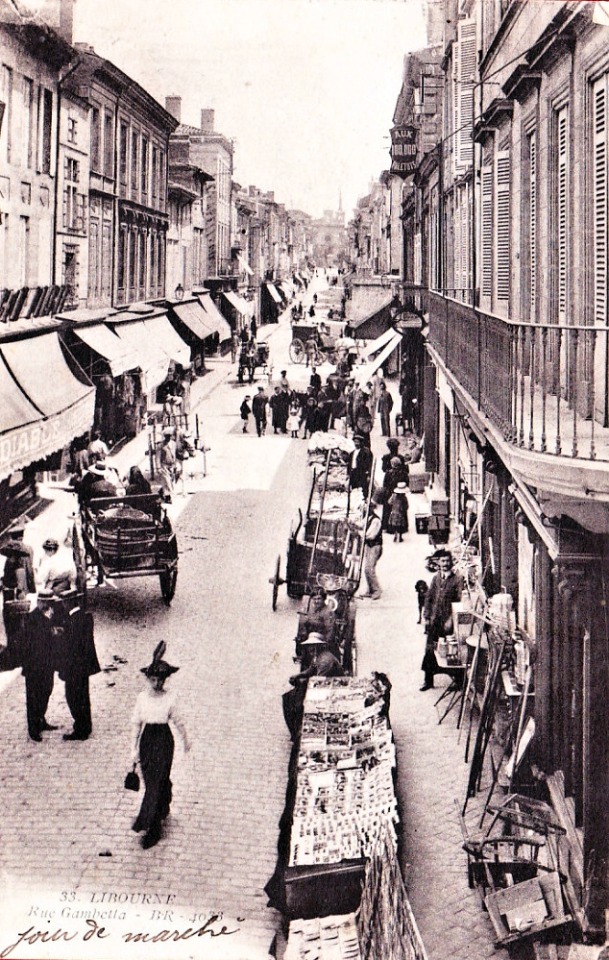
Rue Gambetta, Libourne, Gironde.
26 notes
·
View notes
Text
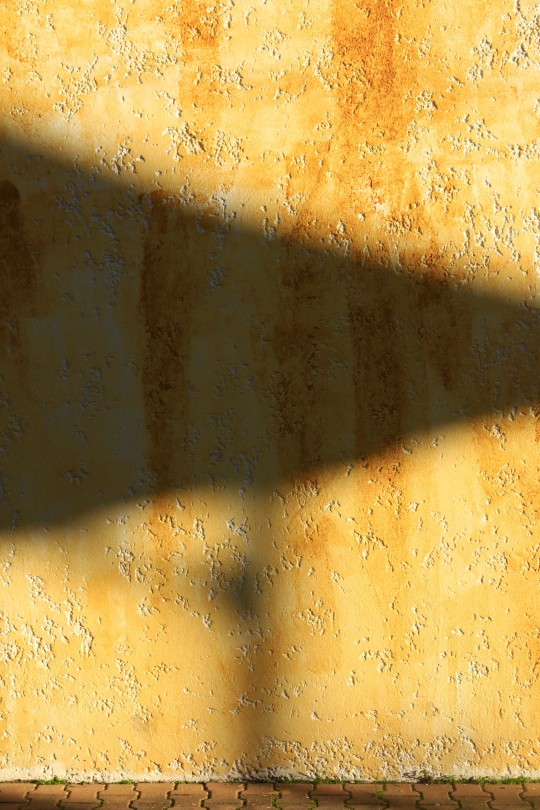
Les couleurs de la ville.
Ombre et lumière
Mur
#photographie urbaine#urban photography#couleurs urbaines#urban colors#décor urbain#urban decor#ombre#shadow#lumière#light#abstraction#figuration#mur#wall#minimalisme#minimalism#rue lafont#33120#arcachon#gironde#nouvelle aquitaine#france#photographers on tumblr#poltredlyon#osezlesgaleries#lyonurb#brumpicts#frédéric brumby
23 notes
·
View notes
Text
Revolutionary Agnosticism: a Reflection
I've noticed on here that most people here who care about The Revolution are staunch Robespierrists. Personally, I prefer a broader stance, but it's made me reflect on an interesting thing.
To any reactionary, realpolitik-stan, I shall be the most fervent Bonapartist alive.
To any Bonapartist, I shall be the most fervent Robespierrist alive.
To any Robespierrist, I shall be the most fervent Girondin alive.
To any Girondin, I shall be the most fervent pacifist, hell, the most fervent Feuillant, even.
I could stomach being a constitutional monarchist or a supporter of the Directoire, if needs must.
I shall be a Revolutionary devil's advocate, always and forever. One thing I won't forget, though.
I can be, because of '89. Historians of the French Revolution can bicker, but we must remember one thing: without revolution, without the Revolution, we are nothing.
Burke be damned; in 1789, we chose not to follow the path of history. A group of men, perhaps for selfish reasons, perhaps unaware of the consequences, perhaps who grew to regret their actions, decided that they were done being subjected to some course of history.
I'm loath to use any term that has too many connotations (Europe? The West? None mean what they should, all have too much baggage to unpack), so I shall just say "we". We chose, in 1789, that history could be made. Democracy, freedom, justice, will not fall from the sky as some inexplicably surviving Whigs would have the world believe.
The meaning of the French Revolution is the freedom to choose – more than any partisan infighting or philosophical difference – how to make a new, a better world. This is why it's the beginning of modernity.
Revolution is choosing to shape the world as we imagined it; and knowing it can be done. A falling crown and a falling head aren't too bad a price to be paid for that, I think.
I now climb down from my soapbox, as the world's smallest string section stops playing. Perhaps no one shall read, but I'm happy to have written.
12 notes
·
View notes
Photo

Pour toi, spéciale dédicace plus bas,tu te reconnaîtras mais chut !!! by Le petit Eric!!!!! https://flic.kr/p/2nVedHA
37 notes
·
View notes
Text

Château de La Brède - FRANCE
#chateau de la brede#castle#castillo#schloss#burg#castello#castelo#la brede#gironde#france#francia#europe#europa
123 notes
·
View notes
Text
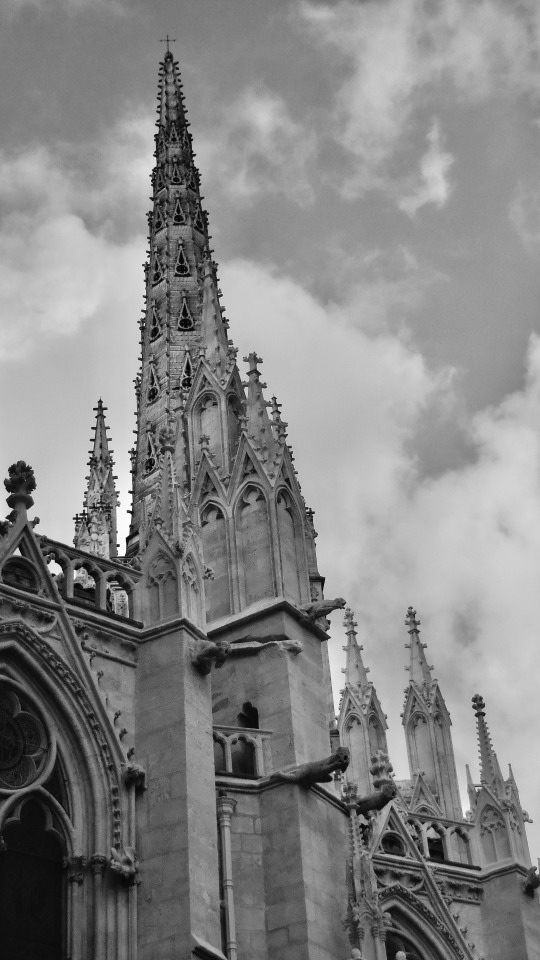
Pinacles, cathédrale, Bordeaux, 2017.
#architecture#gothic#pinacles#bordeaux#gironde#nouvelle-aquitaine#france#2017#photographers on tumblr
14 notes
·
View notes
Text

Bordeaux, Gironde, France.
#bordeaux#france#french#french city#gironde#nouvelle aquitaine#europe#city#streetphotography#street#streetphoto#european cities#french cities#visit#travel#trip#visit france#place to visit#photo#photography#photographer#canon#canonphoto#canonphotographer#photoshoot#50mm#monument#history#architecture#beauty
65 notes
·
View notes
Text

James , Ratelet, sur les chemins de Gironde , Soulac , Verdon , Gironde , Aquitaine, France
124 notes
·
View notes
Text












550,000 €
220m² / 2368ft²
Pineuilh, Gironde, Nouvelle-Aquitaine, France.
#beautiful house#garden#sun room#conservatory#kitchen#bedroom#hallway#bathroom#1920#art déco#attic room#swimming pool#outhouse#bricks#french#pineuilh#gironde#nouvelle aquitaine#aquitaine#france
31 notes
·
View notes
Text







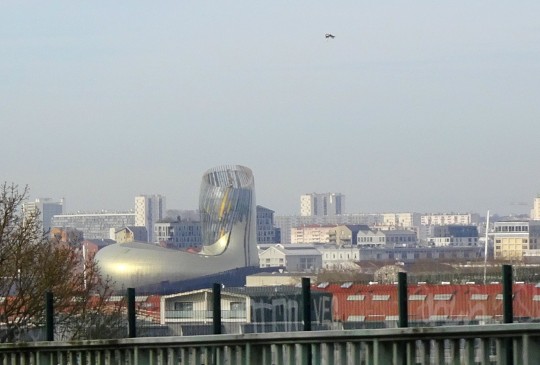
Ca y est ! Je reviens de mon périple dans l'Ouest pour retrouver des ami(e)s lointain(e)s ! Première étape, Isabelle en Gironde, vers Libourne…
Nous passons une journée à Bordeaux.
Ici la Cité du Vin ressemblant à un verre de cristal posé sur la rive de la Garonne.
8 notes
·
View notes